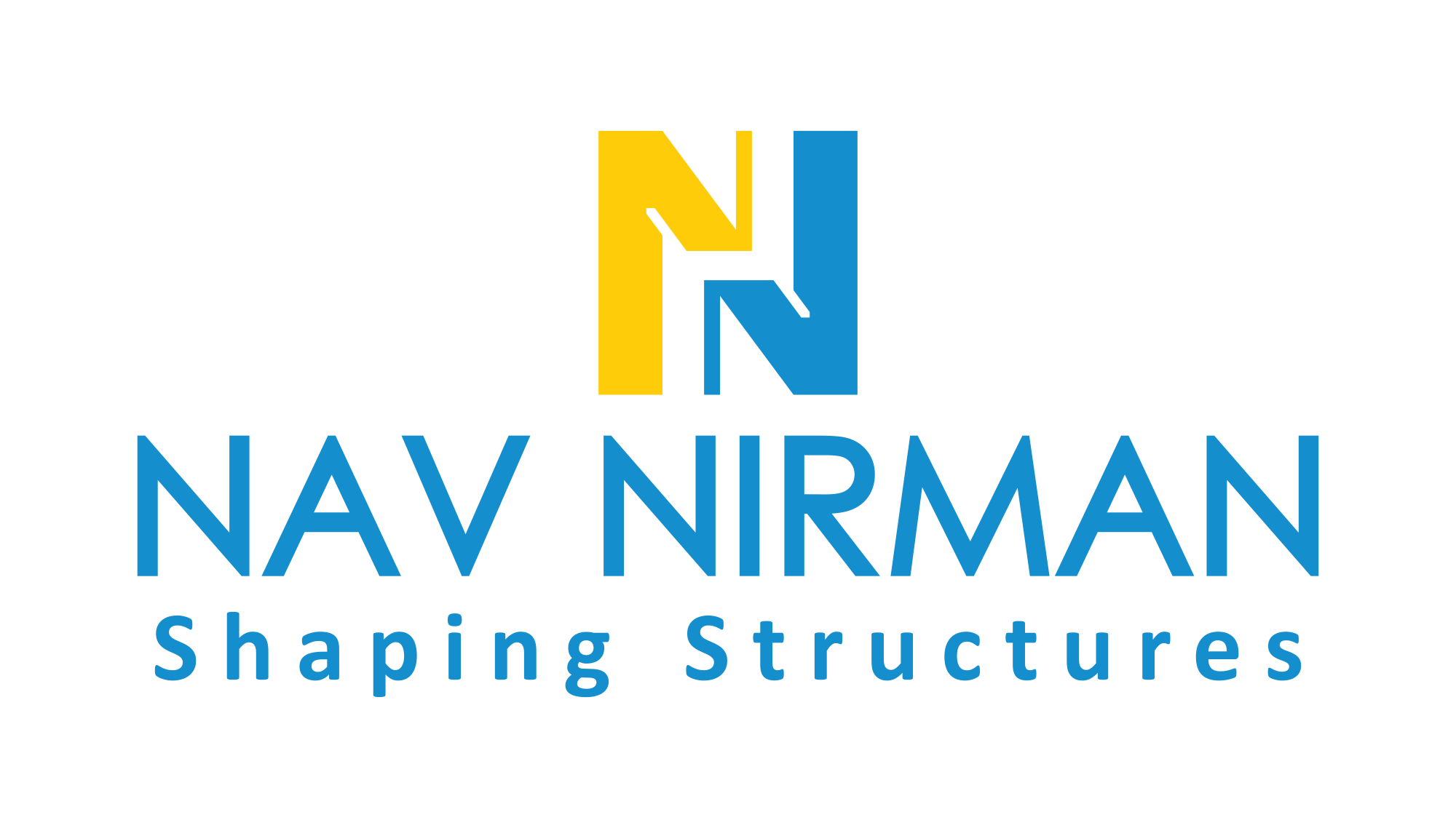In the ever-evolving world of construction, adopting innovative methods and technologies is essential for ensuring efficiency, safety, and quality. One such innovation that has transformed the construction landscape is the use of advanced wall formwork systems. These systems offer a structured approach to creating durable and precise walls for buildings, bridges, tunnels, and other infrastructures. In this blog, we will explore the benefits of using advanced wall formwork systems in modern construction and how they contribute to project success.
Time is a critical factor in any construction project. Advanced wall formwork systems are designed to significantly reduce the time required for wall construction. Their modular and reusable nature allows for quick assembly and disassembly, ensuring that projects stay on schedule.
For instance, pre-engineered formwork panels can be erected swiftly, minimizing delays and expediting the overall construction process. This increased speed not only saves time but also reduces labor costs and accelerates project delivery.
The precision offered by advanced wall formwork systems is unmatched. These systems ensure uniformity and consistency in wall dimensions, resulting in smoother surfaces and better structural integrity.
Key features include:
By using advanced formwork systems, construction teams can achieve a level of accuracy that is difficult to replicate with traditional methods.
Although advanced wall formwork systems may have a higher upfront cost compared to traditional methods, they provide significant long-term savings. Their reusability is a major advantage, allowing contractors to use the same panels across multiple projects without compromising quality.
Other cost-saving factors include:
Over time, these savings outweigh the initial investment, making advanced formwork systems a cost-effective solution for modern construction.
Safety is a paramount concern in construction. Advanced wall formwork systems are designed with safety features that protect workers on-site. These systems often include:
By incorporating these safety measures, advanced wall formwork systems help prevent accidents, creating a safer working environment.
One of the key benefits of advanced wall formwork systems is their adaptability to various construction needs. Whether you’re building high-rise apartments, tunnels, or bridges, these systems can be tailored to fit specific project requirements.
Types of wall formwork systems include:
This versatility ensures that construction teams can use the same system for diverse applications, maximizing their utility and efficiency.
Sustainability has become a crucial aspect of modern construction. Advanced wall formwork systems contribute to eco-friendly practices by:
By adopting these systems, builders can significantly lower their carbon footprint, aligning their practices with global sustainability goals.
Advanced wall formwork systems are engineered to withstand heavy loads and high pressure during the concreting process. This robustness ensures the structural stability of walls, particularly in large-scale projects.
Key benefits include:
This increased load-bearing capacity is essential for creating durable and reliable structures.
Modern architecture often demands intricate and unique designs. Advanced wall formwork systems offer the flexibility to accommodate these complex requirements. With adjustable panels and innovative features, these systems allow for the construction of curved walls, angled walls, and other non-standard designs without compromising precision.
This customization capability empowers architects and engineers to bring their creative visions to life while maintaining structural integrity.
Traditional formwork methods rely heavily on skilled labor, which can be challenging to find and expensive to hire. Advanced wall formwork systems simplify the construction process, making it possible to train workers quickly and reduce dependency on specialized labor.
Additionally, their user-friendly design ensures that even less experienced workers can assemble and disassemble the systems efficiently, reducing overall labor costs.
Advanced wall formwork systems facilitate better project management by streamlining construction processes. Their modular design allows for:
These features enable construction teams to manage resources effectively and ensure timely project completion.
The benefits of using advanced wall formwork systems in modern construction are undeniable. From enhancing construction speed and precision to improving safety standards and promoting sustainability, these systems are a game-changer for the industry. Their versatility, cost efficiency, and ability to adapt to complex designs make them an indispensable tool for contractors and builders aiming to achieve excellence in their projects.
As the construction industry continues to evolve, adopting advanced wall formwork systems will not only meet the demands of modern architecture but also set a new standard for quality and efficiency. By investing in these innovative solutions, builders can ensure long-term success and growth in an increasingly competitive market.
Embracing the future of construction starts with the right tools—and advanced wall formwork systems are undoubtedly among the best.
+91-040-27150119
sales@navnirman.in
Plot No. 6, Road No. 7, IDA Nacharam,
Hyderabad - 76

+91-040-27150119
sales@navnirman.in
Plot No. 6, Road No. 7, IDA Nacharam,
Hyderabad - 76